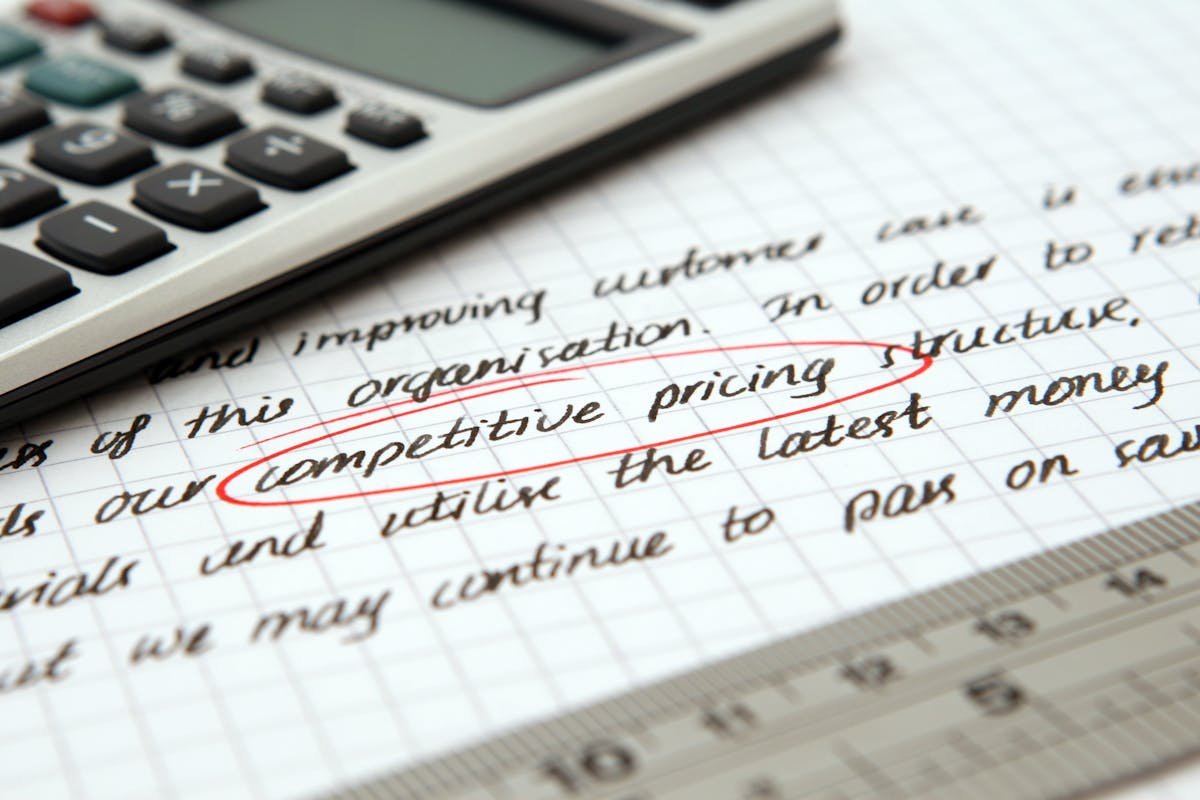How to create an organizational culture?
Business / Date: 06-22-2025

In this article, we will share practical tips for developing a healthy, innovative and efficient corporate environment. And, of course, we will show how technology can be a great ally in this process.
What is organizational culture, after all?
Organizational culture is the set of values, norms and behaviors shared by everyone within the company. It affects everything from how teams communicate to strategic decision-making.
Companies with a well-defined culture tend to have more motivated employees, greater talent retention and an environment conducive to innovation.
Furthermore, a strong organizational culture also impacts the company's image in the market and the customer experience.
Useful advice on developing a strong corporate culture

Now that you understand the importance of organizational culture, check out some essential practices to structure it within your company.
Define and communicate your values
The company's values must be clear to everyone. They must be more than just words on the company's website; they must be lived in the organization's day-to-day activities.
Tip: Organize internal workshops to align the team on values and encourage them to incorporate them into their work routines.
Promote transparency and open communication
A healthy organizational culture is based on trust. Encourage open communication between employees and leaders by creating channels for constant feedback and transparent meetings.
Tip: Use digital platforms to make communication more accessible and agile, ensuring that everyone is aligned.
Invest in technology for more efficient processes
Digitizing processes helps create a more dynamic and sustainable work environment. Adopting solutions such as electronic signatures reduces bureaucracy, optimizes time and improves employee experience.
Tip: By eliminating excessive paper use and making document signing faster, your company reinforces an innovative culture committed to sustainability.
Encourage cooperation and employee well-being
Work environments that value employee well-being tend to have more productive and engaged teams. Flexible policies, home office and benefits focused on quality of life are important differentiators.
Tip: Create initiatives that encourage collaboration, such as mentoring programs, spaces for exchanging knowledge and recognition for good performance.
Align culture with business strategy
The company's strategy must incorporate organizational culture. This means that all decisions – from hiring to business expansion – must be aligned with the organization's values and purposes. In this process, having the support of a business management consultancy can be essential to identify opportunities for improvement, structure processes and ensure that the culture is truly present in all areas of the company.
Tip: Conduct periodic assessments to ensure that the culture is being applied consistently across all sectors.
How to maintain organizational culture over time?
Creating a strong organizational culture is a big step, but maintaining it and adapting it to market and company changes is an ongoing challenge.
To ensure that established values and practices remain alive in everyday life, some strategies are essential.
Reinforce culture in the recruitment and integration process
Organizational culture starts with the initial contact with a new worker. From the selection process onwards, it is necessary that the values of the company are consistent with the profile of the candidate.
Tip: Create a formal onboarding process to present employees to the company culture and build a sense of belonging in their first days at work.
Continuously measure and adjust
Organizational culture is not static. As a company grows, new challenges arise, and it is necessary to monitor the evolution of the culture to ensure that it remains relevant and aligned with the business objectives.
Collecting feedback in a structured way helps to identify areas for improvement and adjust strategies when necessary.
Value and recognize attitudes aligned with culture
To strengthen organizational culture, it is important to recognize and value behaviors that reflect the company's values. Recognition and incentive programs help reinforce these principles on a daily basis.
Tip: Establish internal awards or highlights for employees who demonstrate attitudes aligned with the company culture.
Adapt to changes without losing the essence
The corporate world is constantly changing, and companies need to adapt without losing their identity.
Maintaining flexibility and being open to cultural evolution is essential for long-term success.
Types of organizational culture: how to discover your company's culture
Organizational culture shapes a company's identity and functioning, as you have read in this content so far, influencing everything from decision-making to the dynamics between employees.
Although some organizations exhibit hybrid characteristics, organizational management expert Charles Handy's theory identifies four main types: power culture, role culture, task culture, and people culture.
Understanding these categories can help you recognize your company's profile and how it impacts the work environment.
Culture of power
In this model, authority is highly centralized, and the main focus is on achieving results. The hierarchical structure is rigid and competitiveness among employees is encouraged.
This can boost productivity and performance, but it can also lead to internal conflict and a high-pressure environment.
Main features:
- Strong and centralized leadership
- High competitiveness
- Emphasis on results above all
- Possibility of accelerated growth for the most productive
Role culture
Here, the organizational structure is based on well-defined rules and functions. Each employee has a specific role, and the predictability of processes ensures efficiency and minimizes risks.
However, this format can lead to stagnation and a lack of innovation, as there is little openness to change.
Main features:
- Well-established hierarchy
- Standardized and rigid processes
- Low flexibility and innovation
- Security and stability in executing tasks
Task culture
This type of culture prioritizes problem-solving and achieving results through collaboration and creativity.
Unlike a power culture, which emphasizes hierarchy, here decisions are more decentralized and there is room for innovation. Teams are encouraged to experiment with new approaches to achieve their goals.
Main features:
- Valuing creativity and innovation
- Greater autonomy for employees
- Teamwork and problem solving
- Focus on results with flexibility in processes
People culture
In this model, human capital is the company's greatest asset. The organizational culture revolves around the appreciation, development and well-being of employees, as well as leadership in the leadership style .
The environment is more collaborative, there is encouragement for professional growth and team engagement tends to be high.
Main features:
- Focus on personal and professional development
- Open communication and encouragement of feedback
- Greater talent retention
- Positive and collaborative organizational climate
Follow Us
Newsletter
Subscribe to our newsletter to stay updated with our latest news and offers.
We respect your privacy.Trending










